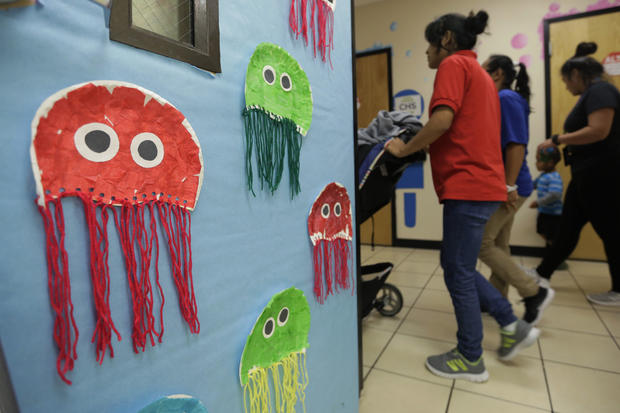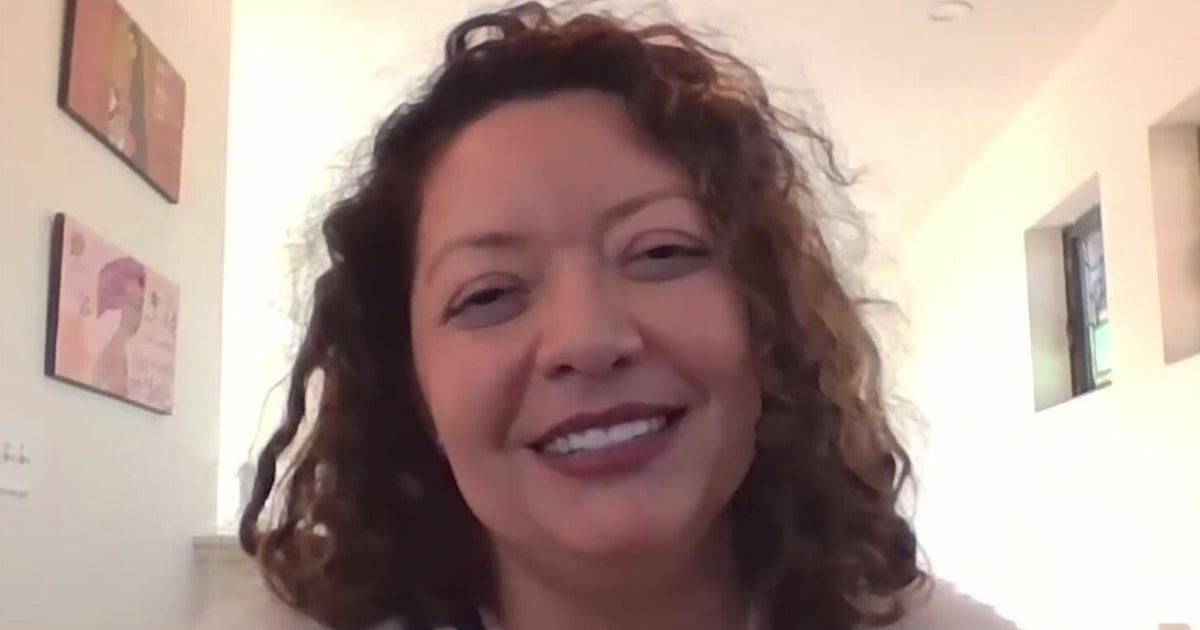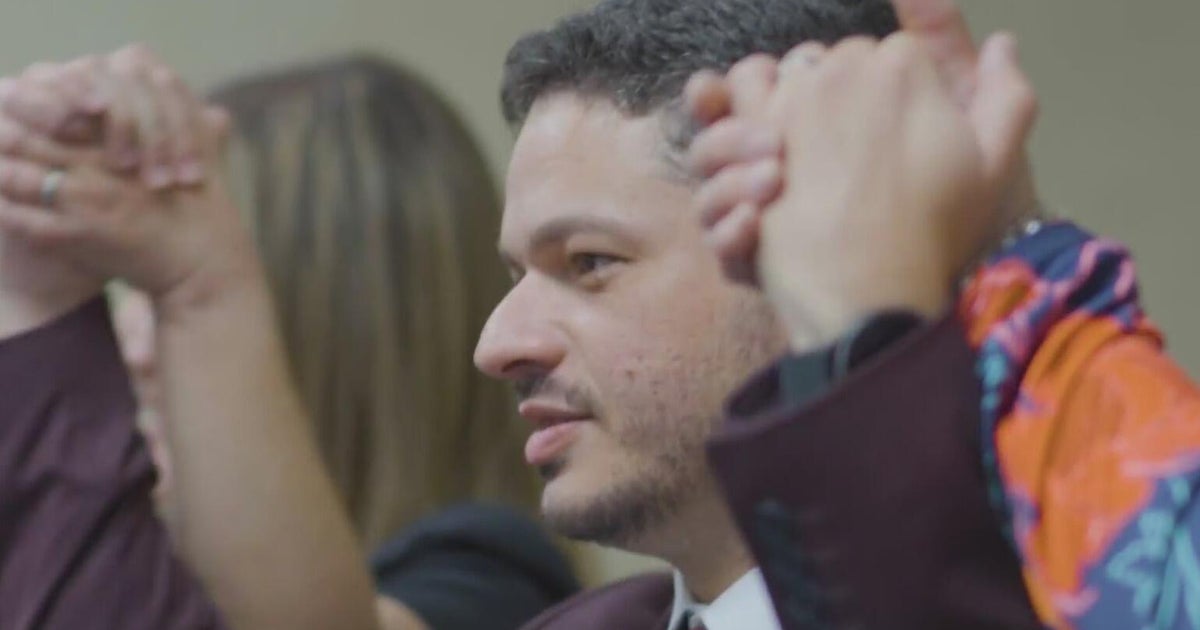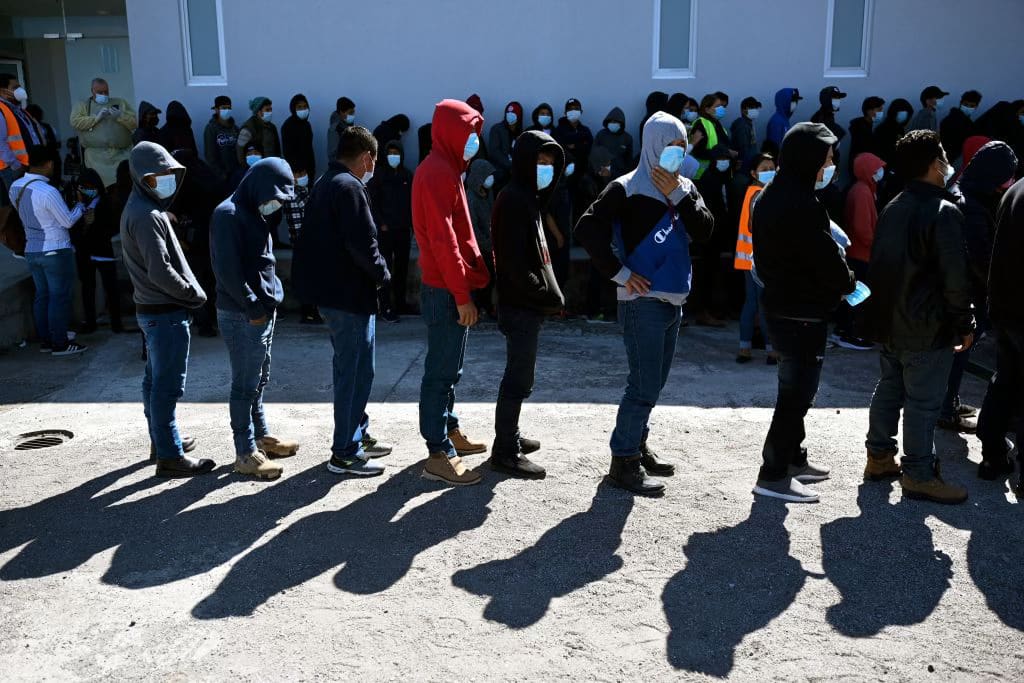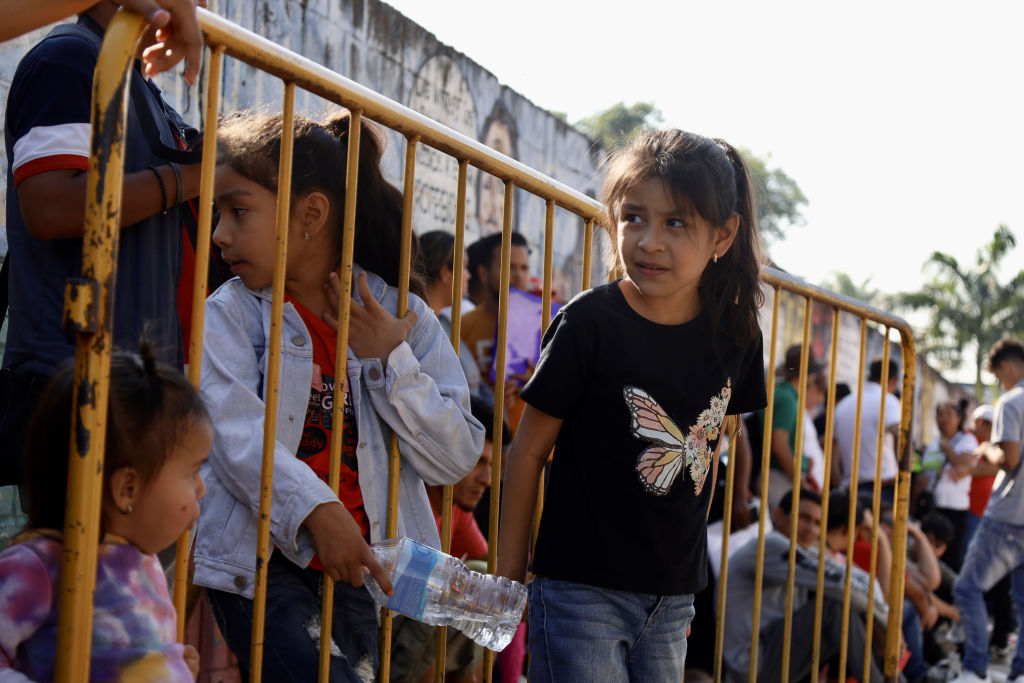Advocates seek release of migrant children in U.S. custody amid coronavirus concerns
Citing the coronavirus public health crisis, lawyers on Wednesday asked a federal court in California to require the Trump administration to release unaccompanied migrant children who have been in government custody for more than a month or transfer them to facilities where social distancing can be reasonably practiced.
The attorneys told the U.S. district court in Los Angeles that "the vast majority" of the thousands of children in the care of the Office of Refugee Resettlement (ORR) "spend all of their time in close proximity to other children and staff members."
The Centers for Disease Control and Prevention has warned that detained individuals are at heightened risk of contracting coronavirus.
Julie DeAunn Graves, a former regional medical director for the Texas Department of State Health Services, said in a declaration accompanying the filing that institutional housing may be dangerous for migrant children whose immune systems could have been compromised due to malnourishment.
"Common health problems afflicting children in different forms of immigration custody … include malnutrition, asthma, heart disease, immunosuppression, inadequate vaccination, diarrheal illness, sleep disorders, post-traumatic stress disorder, exhaustion, and seizure disorders," said Graves, who is associate director of clinical services at the online women's health company Nurx. "People with these health issues are among those at high risk for serious illness and death if they contract COVID-19."
If ORR does not place minors in places where they can practice social distancing, the lawyers said the agency should release them to sponsors, who are typically family members living in the U.S.
Carlos Holguin, general counsel of the Center for Human Rights & Constitutional Law and the lead attorney in the case, said ORR needs to adjust policies to deal with unfolding events.
"Recent data confirm that even very young children are vulnerable to COVID-19. The current system, which tolerates the lengthy detention of children in congregate settings, increases their risk of physical and emotional harm, as well as the likelihood of human rights and civil rights violations," Holguin said in a statement.
The Trump administration has not confirmed any cases of coronavirus among the approximately 3,600 unaccompanied migrant children in its custody, but it has revealed that three workers at facilities in New York that house these minors have tested positive for the virus.
As of Monday, a dozen children in ORR custody had met the criteria for coronavirus testing. Five results came back negative and seven cases remained pending, according to agency officials.
An ORR spokesperson said the agency does not comment on pending litigation, but highlighted the measures taken in response to the health crisis.
The agency is requiring that migrant children in its custody undergo mandatory temperature checks twice a day. If a child has a temperature higher than 100 degrees, the shelters have to notify the government.
Officials have stopped transferring children to shelters and programs in California, New York and Washington. To avoid air travel, the agency is prioritizing placing migrant children in local facilities.
Wednesday's lawsuit comes as the Trump administration faces growing calls to reduce the number of immigrants in detention.
Those calls intensified on Tuesday after Immigration and Customs Enforcement, or ICE, confirmed the first case of coronavirus among the more than 37,000 immigrants in its custody.
Earlier Wednesday, United Nations Human Rights High Commissioner Michelle Bachelet urged governments across the globe to downsize their detainee populations. The former Chilean president and pediatrician called on nations to consider releasing detained juveniles, pregnant women, older detainees and those with underlying health conditions.
"Governments are facing huge demands on resources in this crisis and are having to take difficult decisions," Bachelet said in a statement. "But I urge them not to forget those behind bars, or those confined in places such as closed mental health facilities, nursing homes and orphanages, because the consequences of neglecting them are potentially catastrophic."

